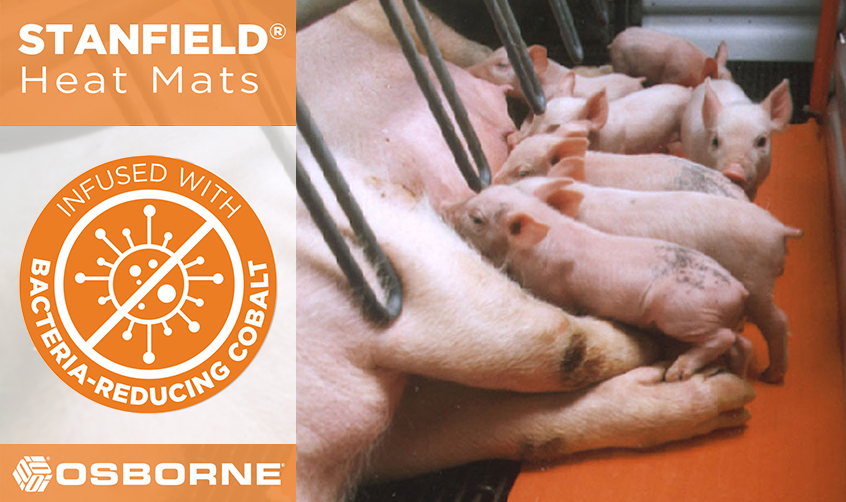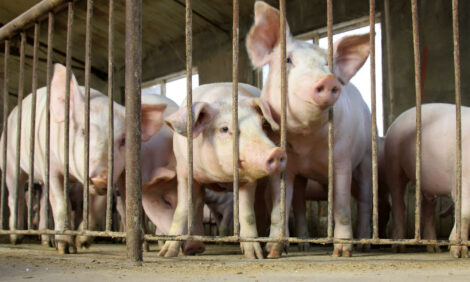



Joint Declaration Aims to Push EU Further on Animal Welfare
EU - Denmark, Germany and the Netherlands have issued a joint declaration on animal welfare, calling on the European Union to improve further animal welfare for those species where there are already regulations and to extend it to include others.Earlier this week, the Agriculture and Fisheries Council of the EU was briefed by the Danish, German and the Netherlands delegations about the outcome of a trilateral ministerial meeting on animal welfare which took place on 14 December 2014 in Vught in the Netherlands.
In this context, a joint declaration was adopted by the three member states.
Several member states supported the initiative. However some noted that considering the high level of EU standards for animal welfare, reciprocity should be requested from third countries exporting to the EU. Some pointed out also that one should ensure that existing legislation is correctly applied before having new proposals in this area.
Denmark, Germany and the Netherlands considered that the EU should work further on the animal welfare policy and regulation and focus on:
- better regulation, to develop proposals for a simpler and modern legislation in the area
- better welfare, to improve the current level of animal welfare in several areas when legislation exists
- promotion of knowledge and raise awareness on animal welfare issues.
Summary of the Joint Declaration
The agriculture ministers of Denmark, Germany and the Netherlands have called for the current welfare legislation to be more strictly and consistently applied across the EU.
Some of the current provisions should be adjusted, they say, to take account of the latest scientific findings, technical innovations and socio-economic trends. They highlight the need to focus on animal-based welfare measures, to inform consumers better, to stipulate journey times and stocking density during transportation and to review non-therapeutic mutilations with the view to phasing them out, including beak-trimming of hens.
They are calling for other animals to be covered by legislation, including turkeys, broiler breeders and pullets, as well as for companion animals (dogs, cats).
Training of people who handle animals should be improved and awareness should be raised of other people, such as consumers.
Advantage should be taken of possibly synergies with other EU policy areas, such as the Common Agricultural Policy and environmental policy.
Finally, the declaration calls for greater support for those in the EU to continue their pioneering role in animal welfare and actively participate in raising awareness for the well-being animals in Europe and internationally.
On tail docking of pigs, the three countries call for a stepping up of the implementation of EU legislation so that all stakeholder organisations commit to phasing out tail-docking.
On antibiotics, the joint declaration says there should be a further reduction in the use of antibiotics and a common strategy should be developed to establish a level playing field in this area, both within the EU and at international level.








